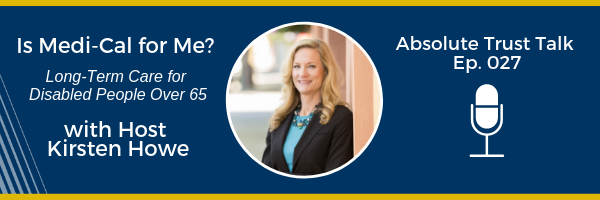Understanding the Corporate Transparency Act: A Guide for Estate Planning Clients The Corporate Transparency Act (CTA), enacted as part of the National Defense Authorization Act for Fiscal Year 2021, represents a significant shift in corporate regulatory compliance. As an estate planning attorney, it is crucial to ensure that my clients are aware of this legislation and understand how it may…






